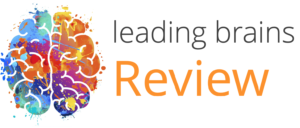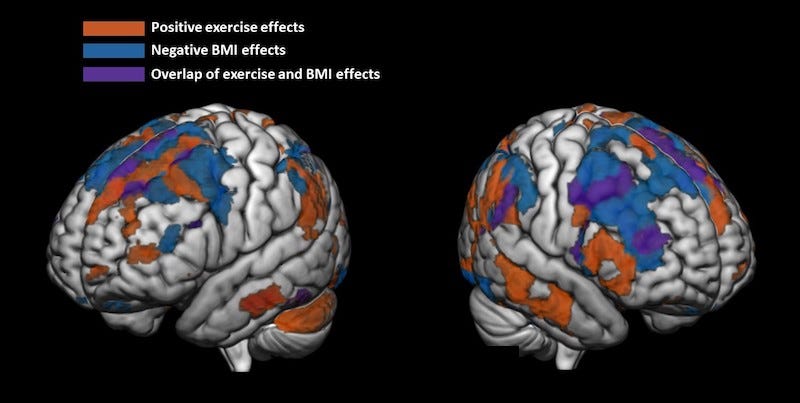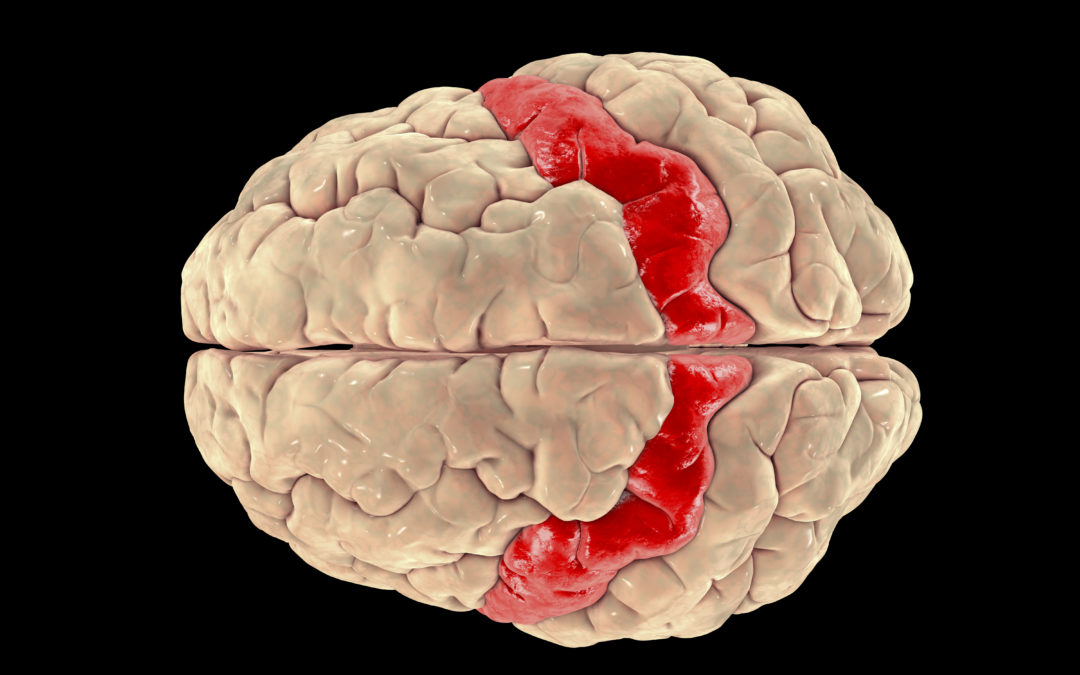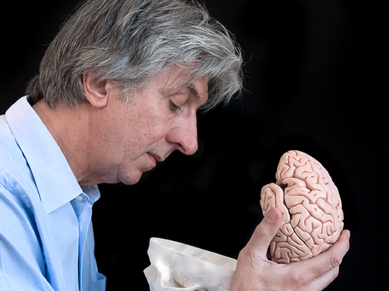No Results Found
The page you requested could not be found. Try refining your search, or use the navigation above to locate the post.

. . .
This content is only for Premium Brains - please subscribe to access this. All subscriptions come with a free trial.
Register for free to receive access to "Healthy Brains" and other selected articles.
Subscribe to Premium Brain (monthly or annual) to access all articles and access the download page.
Subscribe now


Quick Hits
Daily brief research updates from the cognitive sciences

Ok, we all know by now that exercise is good for you. Many of you may also be more than aware that exercise is a potent stimulator for the brain encouraging brain growth and effective functioning. Read my article on brain health here.
Two pieces of research have recently been published which show, however, that not just exercise is good for you, but the timing is essential. Specifically, that exercise in pre-teens predicted the fitness of their brains later and also, by another piece of research, that exercise in childhood predicted healthy adult brains!
So, first off, the study from Boston Children’s Hospital shows that physical activity helps to organise developing brains. This study analysed brain imaging data from almost 6’000 9- to 10-year-olds and found that physical activity was associated with brains that were:
Basically giving kids fitter brains all round and better able to adapt to whatever challenges and cognitive functions come at them. Of note is that it didn’t matter what kind of activity — any physical activity is good.

This then leads us to separate recent study, nicely linking to the above, which looked at childhood pre-teen exercise and cognitive function in later life mapped to MRI data (214 participants aged between 26 and 69). This was conducted by a research group with Professor MATSUDA Tetsuya of Tamagawa University’s Brain Science Institute and Assistant Professor ISHIHARA Toru from Kobe University’s Graduate School of Human Development and Environment.
The results showed that
During early childhood the brain is at its most plastic and it seems that exercise optimises the networks and structures that are later used for multiple cognitive functions.
That’s good news, or maybe bad news. Bad news because they couldn’t find an association with cognitive functions and post-childhood physical activity. This is a surprise because there is a lot of research on the positive benefits of exercise — but it could be that these changes are only mild compared to the impacts on a developing child brain which set it up for life.
Got kids? Well, get them exercising!

Andy is author of leading brains Review, Neuroleadership, and multiple other books. He has been intensively involved in writing and research into neuroleadership and is considered one of Europe’s leading experts. He is also a well-known public speaker speaking on the brain and human behaviour.
Andy is also a masters athlete (middle distance running) and competes regularly at international competitions (and holds a few national records in his age category).
The page you requested could not be found. Try refining your search, or use the navigation above to locate the post.

. . .
This content is only for Premium Brains - please subscribe to access this. All subscriptions come with a free trial.
Register for free to receive access to "Healthy Brains" and other selected articles.
Subscribe to Premium Brain (monthly or annual) to access all articles and access the download page.
Subscribe now


. . .
This content is only for Premium Brains - please subscribe to access this. All subscriptions come with a free trial.
Register for free to receive access to "Healthy Brains" and other selected articles.
Subscribe to Premium Brain (monthly or annual) to access all articles and access the download page.
Subscribe now


. . .
This content is only for Premium Brains - please subscribe to access this. All subscriptions come with a free trial.
Register for free to receive access to "Healthy Brains" and other selected articles.
Subscribe to Premium Brain (monthly or annual) to access all articles and access the download page.
Subscribe now
